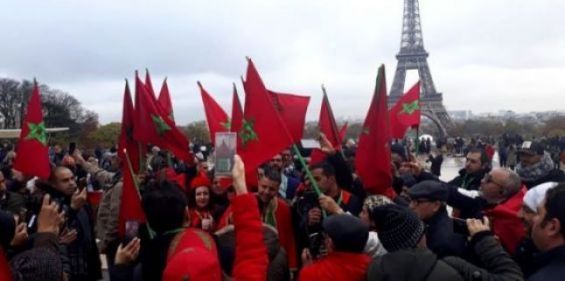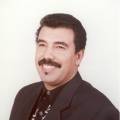In its report, presented to King Mohammed VI on Tuesday, the Special Commission on the Development Model (CSMD) presented five important levers for the implementation of a new development model in Morocco. The model relies on digital, administrative matters, the need of securing resources to finance transformative projects, mobilizing cooperation links with the Kingdom's external partners and Moroccans living abroad.
The commission indicates, in its report, that the new development model «underlines the key position of Moroccans living abroad, who constitute a force and a precious asset in the development process of the country». In this sense, the Commission reiterated «the importance of implementing constitutional provisions, for a better representation of the diaspora, more particularly through the strengthening of the CCME (Council of the Moroccan community abroad, editor's note)».
The body called for «the implementation of renewed policies adapted to the needs and expectations of this important part of the Moroccan population and defending their interests in the countries where they live».
In order to «further mobilize the skills of Moroccans living abroad in the service of the country's development», the report recommends «creating incentive approaches to promote those with highly qualified profiles operating in high-tech sectors, such as NICTs, biotechnology or renewable energies».
In this context, it proposes the creation of a «Moroccans living abroad database accessible to private and public Moroccan institutions». A proposal which is not new and which, since the FINCOM program carried by Nezha Chekrouni in 2004, has been recycled many times by her successors at the ministry in charge of Moroccans living abroad or at the CCME with uncertain success.
«The Commission considers it essential to mobilize Moroccans living abroad for the development of scientific research, R&D and innovation activities, in view of the expertise acquired by the diaspora in this area.The achievement of this objective requires a few prerequisites, including the structuring of the ecosystem of scientific research and its indexing on the strategic priorities of the country, through clearly defined national programs, with transparent modes of governance and subject to monitoring and regular evaluation».
Encouraging investment and strengthening cultural and intangible links
The Special Commission on the Development Model estimates that Moroccans living abroad «could help raise capital, develop new partnerships, bring skills and expertise that are absent in Morocco, or even promote Moroccan products and services».
«Moroccan communities established abroad will also be able to boost the Kingdom's international outreach effort by relying both on existing structures and on spaces that can be mobilized within host countries for showcasing Moroccan culture», it added.
This also recommends «maintaining» and «strengthening» the flow of Moroccans living abroad’s remittances to their home country through the development of financial products adapted to the investment objectives of this category, in particular for the new generations.
But beyond the flow of transfers, «great importance should be given to the encouragement of investments in Morocco, through a comprehensive and integrated policy focused on support and networking mechanisms», suggests the final report. It also advocates «strong and regular communication action to clarify the national regulatory and procedural framework and provide useful information on investment opportunities in Morocco, by region and by sector».
For the Special Commission, it is also recommended «to consolidate and strengthen cultural and intangible links with this important part of the Moroccan population». This could be achieved through «the substantial improvement in the quality of current cultural systems, by ensuring the regular organization of socio-cultural events, offering language classes in Arabic and Amazigh for the benefit of new generations born in the countries of residence or by making e-learning platforms available to them». Here too, this proposal has existed since 2013 with the E-Madrassa platform launched by the Hassan II Foundation.




 chargement...
chargement...












